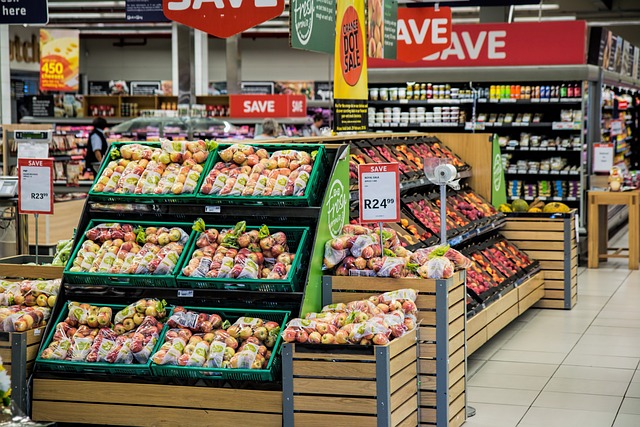Mobile shopping apps often offer better discounts for several reasons:
**1. Encouraging App Downloads and Usage**: Offering exclusive deals or substantial discounts is a direct way to encourage customers to download and use a company's mobile app. It can help increase the app's popularity and user base.
**2. Loyalty and Retention**: Once a customer has downloaded the app, they are more likely to stay loyal and continue shopping with the firm because of the app's convenience and the incentives it offers. Exclusive app discounts can boost this loyalty and retention.
**3. Personalization**: Mobile apps can gather a significant amount of data about user behavior, preferences, and purchasing history. This allows companies to offer personalized discounts tailored to each user, thereby increasing sales.
**4. Push Notifications**: Apps provide the facility for push notifications which can inform customers about discounts and offers in real-time, which can enhance the chances of immediate purchases.
**5. Lower Costs**: E-commerce based on apps can often reduce overhead costs involved in physical stores or even desktop websites. These savings can be passed onto consumers in the form of discounts.
**6. Ease of Use**: Fast, smooth and convenient, apps offer a superior shopping experience; offering discounts on top of this experience can boost sales further.
**7. Mobile Commerce Growth**: With the significant growth in mobile commerce, businesses are leveraging this platform by offering better discounts to drive traffic and sales through their mobile apps.
That said, be mindful while using shopping apps. Always ensure you check for secure payment procedures, use reliable internet connections, and read user reviews before downloading any particular shopping app.
Sure, I'd be happy to explain it. Mobile shopping apps gather data in several ways to offer personalized discounts:
**1. User Registration**: When a user downloads and registers on an app, basic information like name, email, contact number, and sometimes age and gender, is collected. This forms the basis for understanding the demographic profile of the user.
**2. User Behavior**: The app tracks the kind of products the user browses, the time they spend on the app, the products they click on, and their search history. This type of data helps to understand the user's interests and preferences.
**3. Purchase History**: The app records every purchase the user makes. This helps the app to understand the user's buying preferences, such as favored product categories, price range, favorite brands, and frequency of purchases.
**4. App Usage**: The time at which the user is active on the app the most, the duration of activity, and frequency of app usage also offer valuable insights into user habits.
**5. Location Data**: Apps can also access a user's location data, which can help in offering region-specific discounts or deals.
**6. Feedback and Ratings**: The feedback and ratings given by users on their purchases also provide data about their preferences and tastes.
By gathering and analyzing all this data, mobile shopping apps can create personalized user profiles. Using sophisticated algorithms, they use this information to offer tailored suggestions, promotions, and discounts to individual users. The goal is to enhance the shopping experience, cater to the user's specific needs, and ultimately increase sales.




